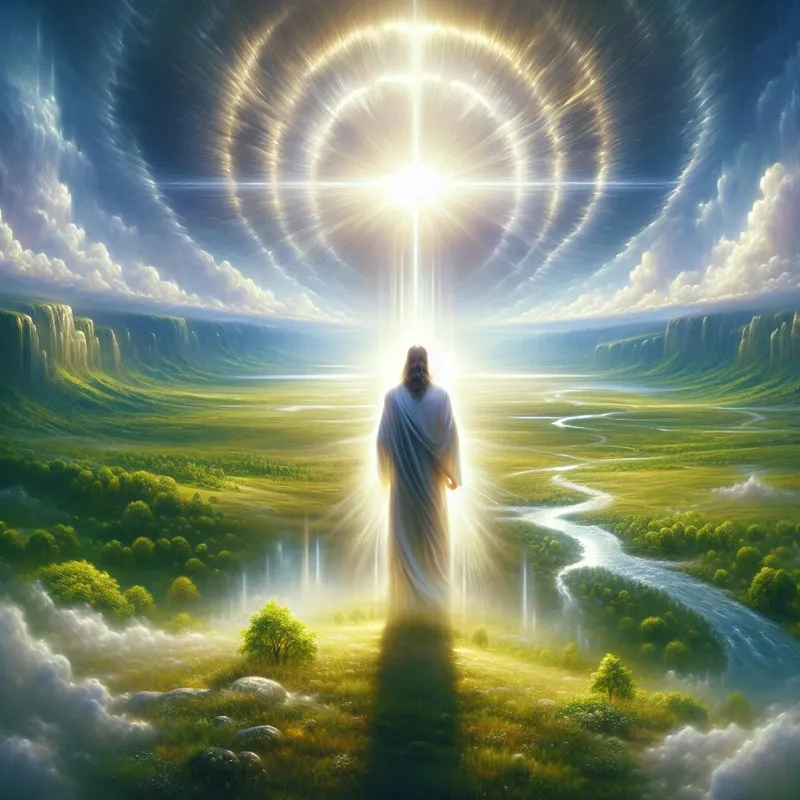
'How Many Gods Are There According to Christianity: Revealing the Truth'
Posted on 08 August 2024
How Many Gods Are There?
Introduction
The question of how many gods exist is a complex one that varies depending on different religious beliefs. In this article, we will explore the perspectives of various religions and worldviews, with a focus on the monotheistic view upheld by Christianity, Judaism, and Islam. We will also examine polytheism, atheism, and pantheism to provide a comprehensive understanding of different perspectives on the divine.
Monotheism: One God
Monotheistic religions such as Christianity, Judaism, and Islam firmly believe in the existence of only one true God. These religions teach that God is the creator and sustainer of all things and transcends the entire universe. According to the Bible, there is only one God who is eternal, all-powerful, and sovereign over all creation. This monotheistic perspective rejects the idea that any other entities can be considered gods or challenge the power of the one true God.
Polytheism: Many Gods
Polytheistic religions allow for the belief in multiple gods. Polytheism takes various forms, with some considering all gods to be relatively equal and others establishing a hierarchy among them. Hinduism, for example, teaches the existence of millions of gods. Other polytheistic belief systems include some forms of Buddhism, Taoism, Shintoism, Paganism, and Mormonism (although Mormons argue that they worship only one God).
Atheism: No Gods
Atheism is a worldview that rejects the existence of any gods or supernatural beings. Atheists do not believe in a personal divine being who created or governs the universe. From an atheist's perspective, there is no evidence or reason to support the existence of a god or any form of divine power.
Pantheism: All is God
Pantheism is a worldview that holds that God is present in and permeates all things. Many Hindus, Buddhists, and New Age religions adhere to pantheistic beliefs. According to pantheism, God is infinite and encompasses everything in the world. In this view, everything is associated with God, and there is no distinction between God and the world. Pantheism does not attribute personal characteristics to God, but rather sees God as an all-encompassing force.
The Christian Perspective
Christianity upholds a unique perspective on the nature of God. It affirms the existence of one God while revealing that God exists in three co-existent, co-eternal, and co-equal persons known as the Trinity. The Trinity consists of God the Father, God the Son (Jesus Christ), and God the Holy Spirit. This understanding of God's nature sets Christianity apart from other monotheistic religions.
Why This Matters
Understanding different perspectives on the existence of gods helps us engage with people from diverse religious backgrounds. It allows us to respect their beliefs while also articulating our own faith. Furthermore, exploring these ideas encourages us to deepen our understanding of our own faith and develop a coherent worldview.
Think About It
Consider how your own beliefs about God align with the perspectives discussed in this article. Reflect on how understanding different viewpoints can inform your interactions with people of other faiths or worldviews.
